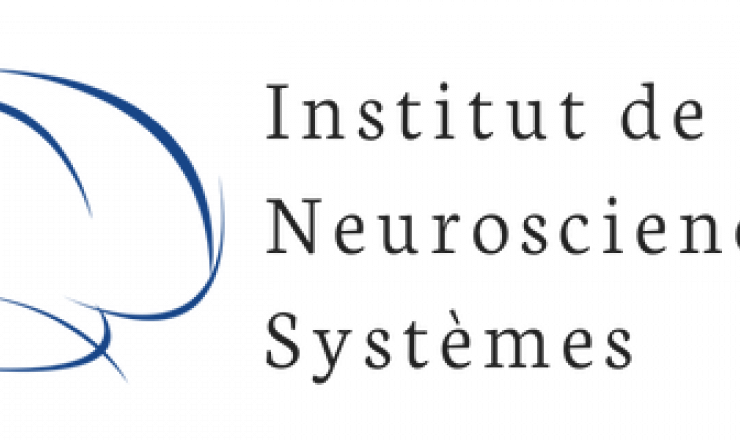Description de la soumission d'un avis

Schizophrenia affects approximately 0.7 to 1% of the world’s population. Although there is a large available therapeutic panel, the clinical effectiveness of the antipsychotics used remains limited with 30 to 50% of schizophrenic patients showing an insufficient response to treatment. In this context, biomarkers are needed to optimize treatment in this population. Currently, fluid biomarkers are available to optimize exposure to antipsychotics (Therapeutic drug monitoring, TDM and Pharmacogenetics, PGx), but no biomarker is available to optimize the next steps, ie. the interaction with the receptors, the signal transduction and finally the translation to clinical effect.
During this internship we offer a student the opportunity to work on a pharmaco-clinical database to identify sub-groups of schizophrenic patients (N=100) at high risk of pharmacokinetics variability, inadequate antipsychotic drug exposure and potential treatment failure. This task will be based on current knowledge about pharmacology that we will provide but also on exploratory analysis of the database supported by novel machine learning techniques. Data management and preprocessing will also be required.
IMPORTANT :
Depending on the advancement of the student and the quality of the collaboration this internship can lead to the continuation of the project under a different contract (to be determined, for example research engineer or PhD). The second phase of the project will be to merge the knowledge extracted from the pharmaco-clinical database with the analysis of neuroimaging data (fMRI, DTI, T1, T2). We will first extract functional features (neuroimaging biomarkers, functional connectivity dynamics…) from the fMRI and compare the groups identified during the first phase of the project. The last phase of the project will involve individual brain modeling at the large scale with The Virtual Brain (TVB).
The student will need to be curious about core concepts of pharmacology and schizophrenia.
The student must be comfortable with python programming (pandas, numpy) and classical statistics, and needs to have at least basic knowledge of standard machine learning algorithms with scikit-learn (SVM, K-means, KNN…).
Being familiar or interested in neuroimaging and modeling would be added value to the candidate's profile.

